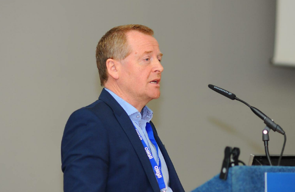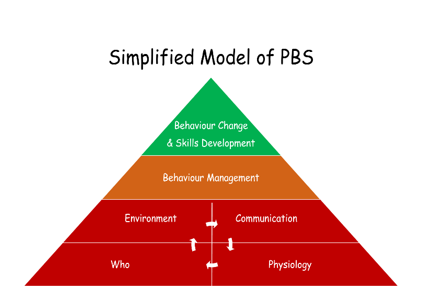Our People in Intellectual Disability Nursing
5 Minutes with Maurice Healy, Advanced Nurse Practitioner

Hello my name is Maurice Healy and I work in the Disability Services in the West of Ireland. I have being working in Disability Services since 1985, qualifying as a nurse RNID in 1990.
I had a great interest in the area of behaviour and I qualified as a Behaviour Therapist in 1992 from UCC. Following my qualification, I joined the behaviour support with the Brothers of Charity in Limerick. A short spell as a service manager followed in Scotland and I returned to Ireland where I joined the Brothers of Charity services in Galway in 1996 and was appointed a Clinical Nurse Specialist (CNS) in Behaviours that Challenge in 2001. I then pursued my Nursing Diploma in 2003 followed by my BSc Nursing in 2004.
In 2008 I was asked to become supernumerary as a CNS across the West Services. In 2012 I completed my Masters in Birmingham University and in 2017 following the embargo I was appointed as one of only two ANPs in Intellectual Disabilities in Ireland.
I have had a wonderful career in the field of Intellectual Disability Nursing which now spans almost 40 years. I have met some of the nicest people I have ever come across in the services and have had the privilege also to work with some wonderful staff from a range of professions, particularly nursing.
In my role as an ANP I am part of the team responsible for embedding the principles of Positive Behaviour Support across the services in the West of Ireland.
I try to ensure that the core principles of a MEAS (respect) model of support are paramount in my practice every day, see diagram below:
We can’t expect behavioural strategies to work if we first don’t ensure that we address biological difficulties such as pain or discomfort and this should always be our first priority of support. Next we address communication difficulties and endeavour to give the people we support some means of communicating their need to us or otherwise they will use a behaviour to communicate and this may be a huge challenge for the individual as well as the staff.
The environment is next and if this is not conducive to relaxation and comfort, we can expect the people we support to tell us this and again it may be through their behaviour.
Last of the 4 pillars that I consider paramount in supporting people with intellectual disabilities are well trained motivated, interested and compassionate people. Without these individuals we cannot expect to provide first class services to individuals and the absence of this will again be shown by the behaviour of individuals as they try to express their desire for better.

Management strategies should be well thought out, incorporating largely proactive strategies for prevention of occurrences, reactive strategies must also be clearly defined or others will use their own strategies if we don’t provide leadership here.
Incorporated in to all of this are systems change and avoidance of systemic antecedents such as overcrowding, lack of trained staff, incompatibility, poor management techniques, poor staff supports, poor MDT supports etc.
I would encourage anyone who feels that this is an area where their skills and social intelligence can be put to use, to enhance the lives of the people we support to consider Intellectual Disability nursing. It has been a wonderful career for me and if I had my time back I would do it all again.